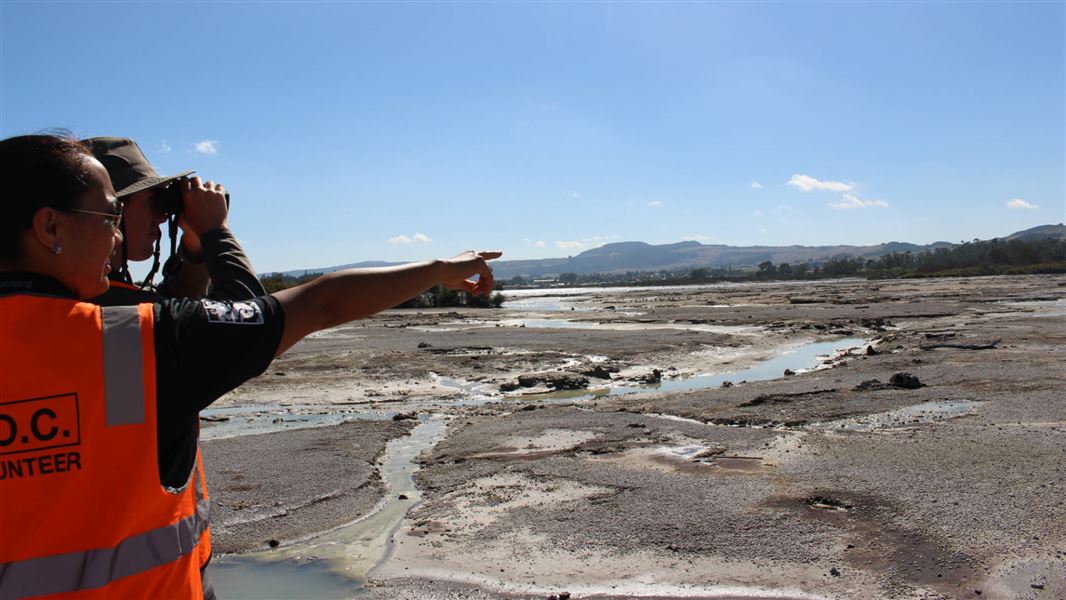Archived content: This media release was accurate on the date of publication.
Date: 23 January 2019
Five critically endangered black-billed gulls were found dead in a protected breeding colony at Sulphur Bay on the Rotorua lake edge in November 2018. DOC is treating the deaths of the gulls seriously and investigating the likelihood that at least one of the birds was shot.
The black-billed gull is only found in New Zealand. Its population is declining and it is classified as nationally critical; the same threat level as the kakapo.
Mariana Te Rangi, DOC Senior Ranger, Biodiversity said it is hoped this season will be a successful one in the Sulphur Bay breeding colony.
“For several years now, the black-billed gulls have been unsuccessful in their breeding efforts. It is really disappointing that a few people do not value our native species enough to respect them or the efforts our community have put in to contribute to their protection,” she said.
“This behaviour pushes the species one step closer to extinction.”
Ms Te Rangi says DOC volunteers have also felt the loss of these endemic gulls keenly.
“The effort they have put into their protection has been huge over many years.”
People disturbing, distressing and killing the black-billed gulls are committing an offense under the Wildlife Act, 1953 and can be prosecuted.
DOC is asking anyone who has information with regards to the deaths last year or who witness harassment of protected wildlife by people, to report these events to DOC via the 0800 DOC HOT line (0800 362 462).
Background information
Black-billed gulls or tarāpuka (Larus bulleri) are the only gulls that breed inland on braided rivers. They are smaller and more delicate than the common red-billed gull or larger black-backed gull, with white plumage and greyish wings with black tips. Mature gulls have black legs and beaks.
The population, estimated at approximately 90,000 in 2008, has declined by 85% over the last 35 years. Key threats include introduced predators and human disturbance.
People can help black-billed gulls to survive by leaving nesting colonies alone during the breeding season (September-January) and keeping dogs on leads.
Report anyone seen disturbing or harming birds to the DOC emergency hotline 0800 DOC HOT (0800 362 468).
Disturbing protected birds and destroying nests are offences under the Wildlife Act and can result in imprisonment of up to six months or a fine of $100,000.
Contact
Mariana Te Rangi, Senior Ranger Biodiversity
Phone: +64 27 235 5038
Email: mterangi@doc.govt.nz
